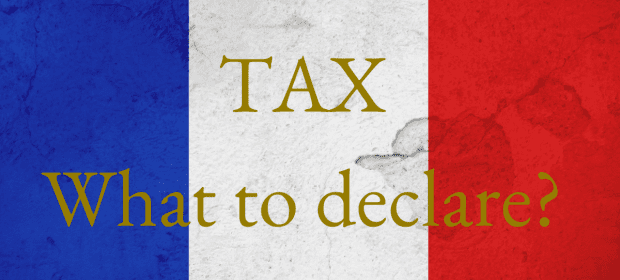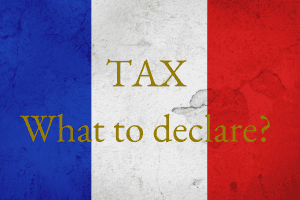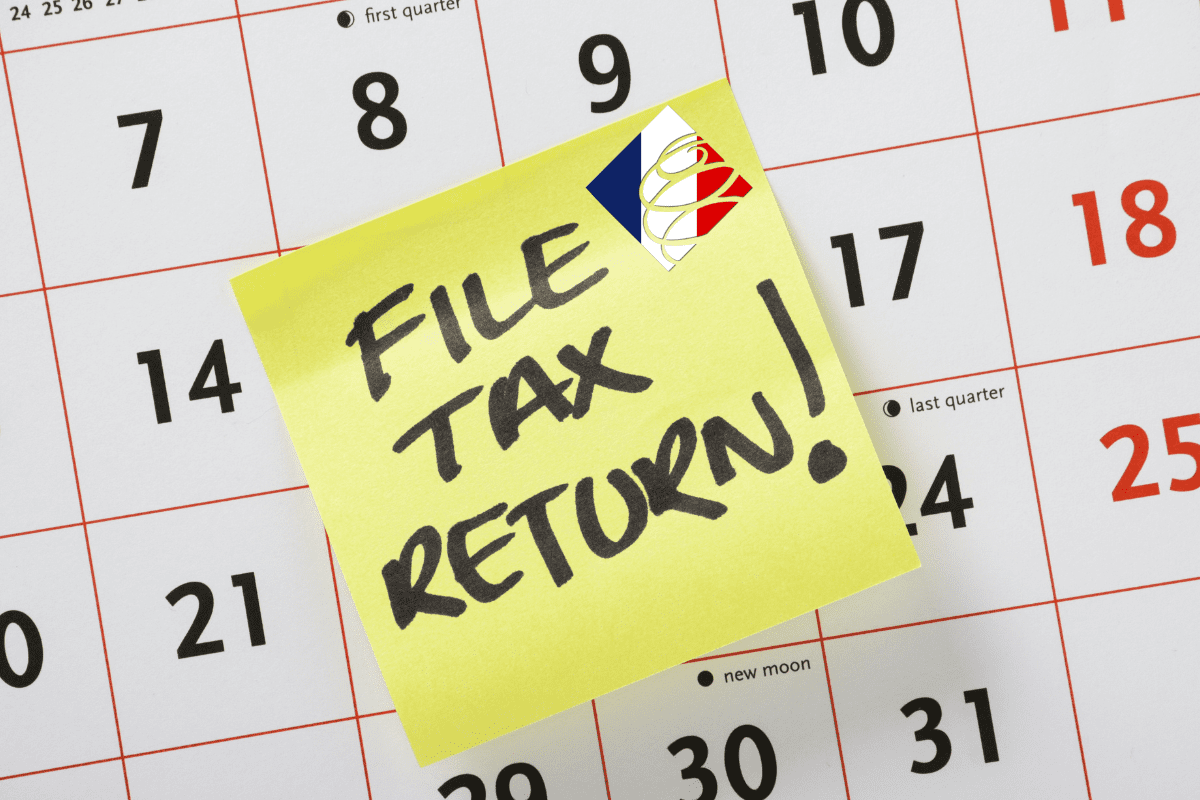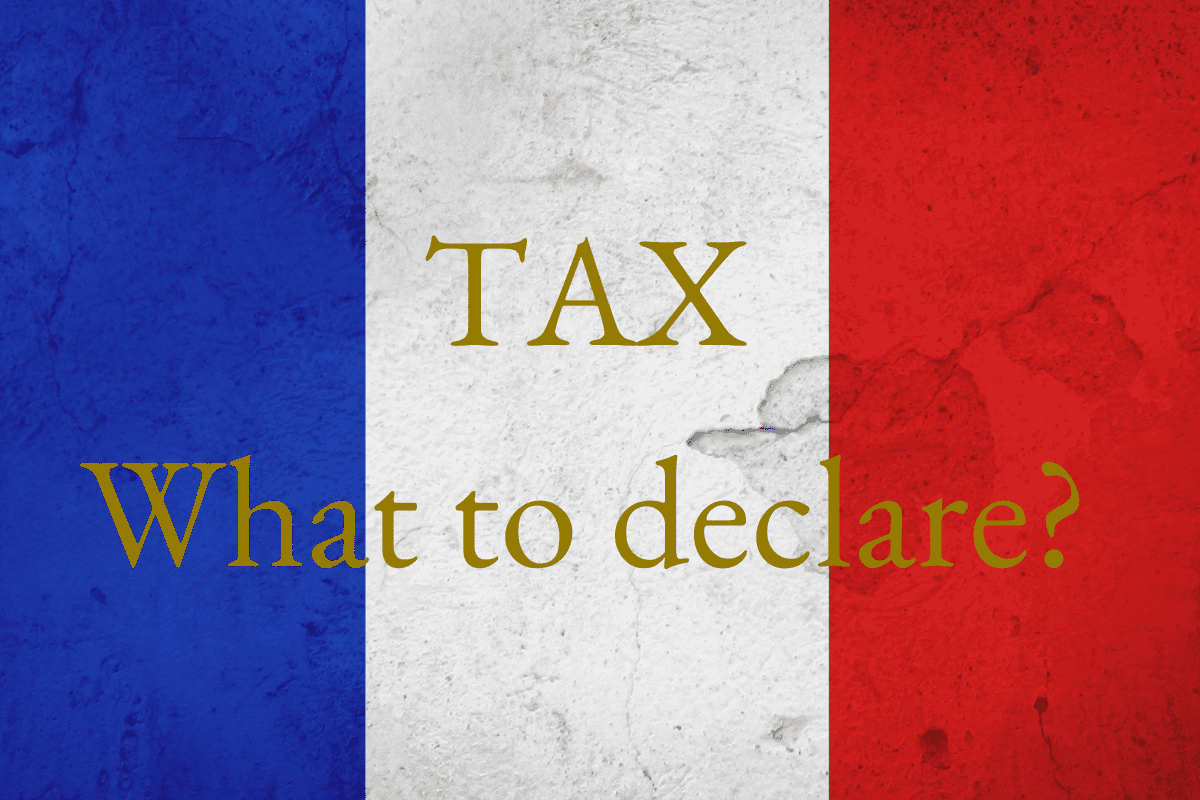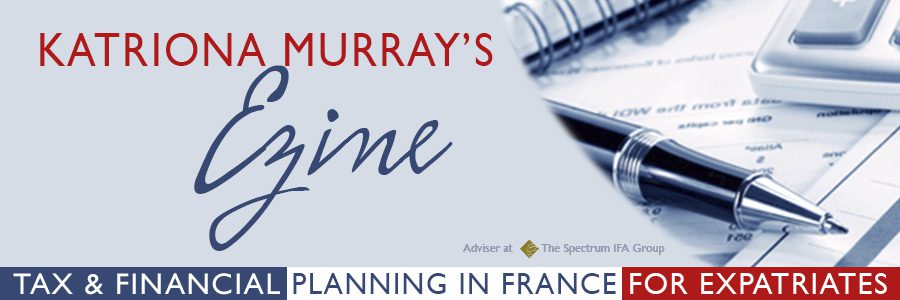in a tax credit of 75% of the amounts donated up to a maximum threshold of donations of €1000. Over this threshold and for donations given to other organisations (including political parties), the rules haven’t changed, the tax reduction is 66% for such donations and he maximum threshold is 20% of the taxable income. The excess can be carried over over the next 5 years and results in a tax reduction under the same conditions.
Independent workers
Companies and individual tradespeople benefitted a lot from the government help last year. Fortunately the financial help granted by the solidarity fund to companies most affected by the health crisis, the exceptional financial help to independents (CPSTI RCI COVID 19) and those paid by the additional pension schemes of independent professionals and lawyers (CNAVPL and CNBF) are all exempt from income tax. The other help from public or private entities are taxable if there is no specific legal provision that exempting them otherwise.
Auto-entrepreneurs and micro-entrepreneurs who were exempt from paying part of their social charges must include in their tax declaration the turnover figure that was not declared to URSSAF because of this exemption.
Home help tax credit – changes to the conditions
The home help services normally give rise to a tax credit of 50% of the amount paid out. These expenses are deductible up to €12,000 (plus €1500 per dependent and person over 65 years, up to a maximum of €15,000). However in 2020, during lockdown some of these services had to be temporarily suspended or even cancelled, or in certain circumstances could be carried out online.
If you employed someone carry out a service in your home, you may have benefitted from the partial compensation for the hours that your employee was unable to carry out during lockdown. These compensated hours cannot benefit from the normal tax credit and if you nonetheless paid your employee their salary even though they couldn’t actually work, this cannot be used for the tax credit (it is classified as a solidarity donation).
Exceptionally, some services, which in principle took place in the home, but were in fact carried out remotely because of the health crisis, still give rise to the tax credit under the same conditions as other home help services. These include online additional schooling support lessons and individual lessons (gym, music etc) given to adults or children. The Ministry of Economy and Finance has specified that these services “must have involved a minimum amount of effective interaction, implying a physical presence of the person supplying the service at one end of the screen/telephone line and the be specifically given to the person paying for the service at home”. This therefore does not include online group lessons or watching pre-recorded videos online. This derogation applies throughout the time that people were not allowed to go out either because of lockdown or curfew.





